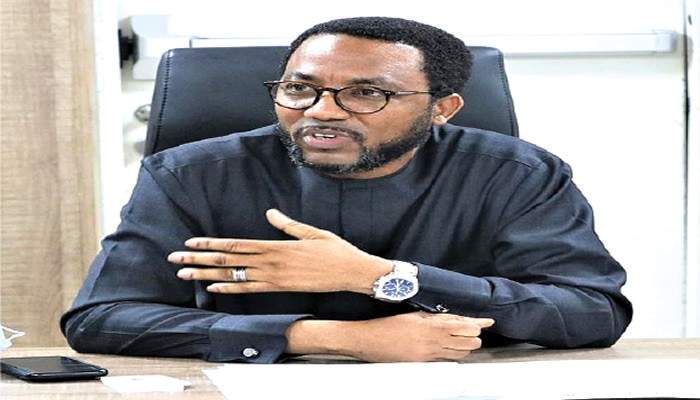The introduction of the electronic call-up system, also known as Eto, has transformed the movement in and out of Lagos ports. Before its implementation, the port access roads were a maze of traffic, causing significant delays and financial strain on operators and residents. The Nigeria Ports Authority’s launch of the e-call-up system aimed to address these challenges.
The e-call-up system, managed by Truck Transit Park Limited, employs the Eto app, enabling truckers to book turns for port entry. This innovative system has not only reduced traffic gridlock but also minimized cargo dwell time, enhancing the ports’ overall competitiveness. In a stakeholders’ engagement, TTP’s Managing Director, Jama Onwubuariri, underscored the system’s success in facilitating millions of trucks and significantly reducing the cost of moving cargo.
Challenges and Criticisms
Despite its positive impacts, the electronic call-up system has faced criticism, with some operators alleging that it has exacerbated the traffic crisis and facilitated corruption and extortion. Adeyinka Aroyewun, the National President of the Council for Maritime Truck Unions and Associations, emphasized that the platform had deviated from its original purpose and turned into a source of revenue generation.
Furthermore, truckers and industry experts highlighted preferential treatment, infrastructure inadequacies, and deep-rooted corruption as major hindrances to the system’s effectiveness. These issues have led to congestion, gridlock, and increased operational costs, undermining the system’s intended benefits.
Government Intervention and Recommendations
The government, through agencies like the Nigerian Ports Authority, has taken measures to combat these challenges. Recent efforts include the discovery and crackdown on fake electronic call-up syndicates, as well as the establishment of a committee to review and strengthen the platform. Additionally, the introduction of e-tags for port access trucks reflects ongoing attempts to enhance system efficiency and transparency.
To ensure the system’s success, stakeholders emphasize the need for full automation, reduced human intervention, licensing multiple firms to manage the platform, and the eradication of corruption along the port access roads. These recommendations aim to streamline operations, minimize costs, and restore the system’s integrity, ultimately benefitting both industry participants and the broader economy.
The ongoing evolution of the electronic call-up system mirrors the complexities and opportunities inherent in modernizing critical infrastructure. It underscores the delicate balance between technological innovation, regulatory oversight, and the socio-economic dynamics that shape the functioning of vital transportation networks.
